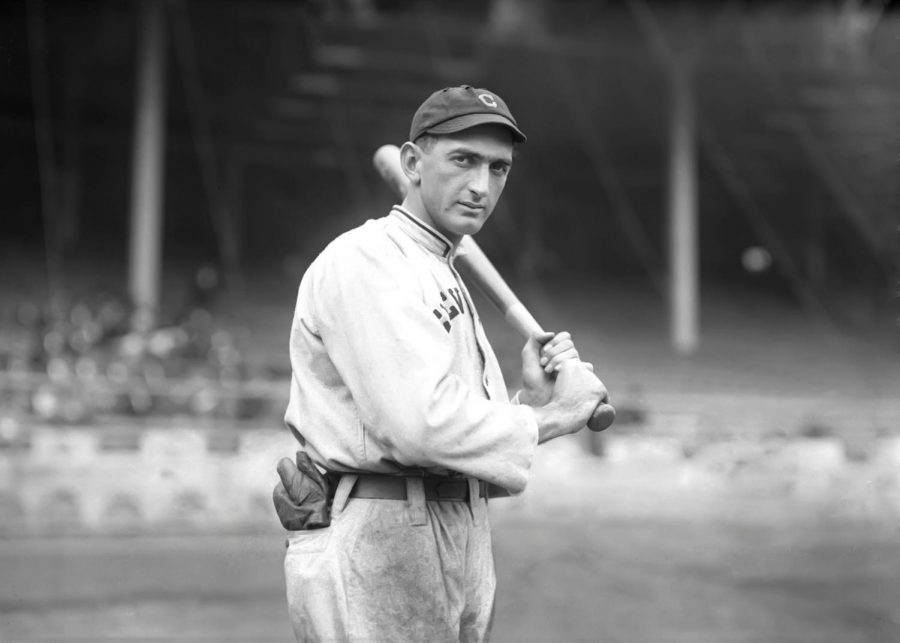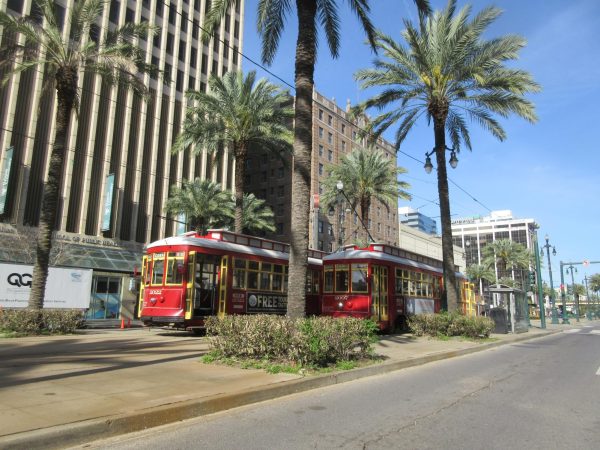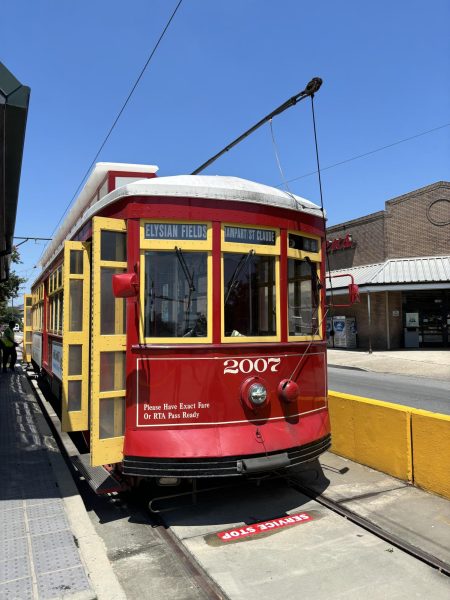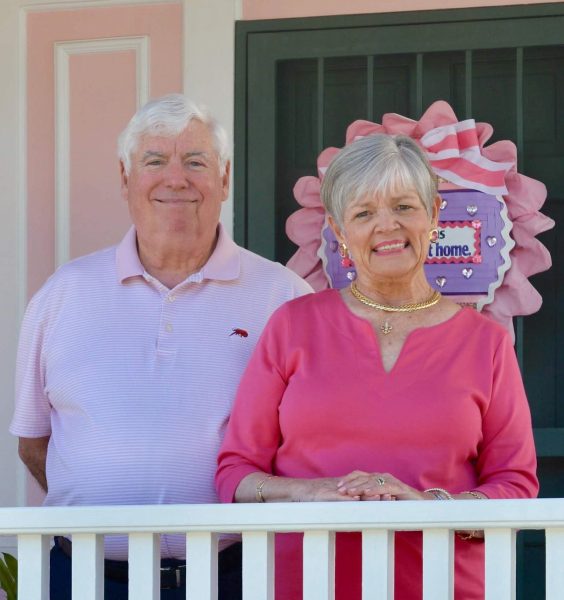The Story of ‘Shoeless’ Joe Jackson
‘Shoeless’ Joe Jackson (July 16th 1887 – December 5 1951), is one of the most famous, and infamous, players in baseball history. He was born into a poor family in South Carolina, and by the age of 6 was working 12 hour shifts as a mill hand. His family could not afford to educate him, and he remained illiterate for his entire life. “It don’t take school stuff to help a fella play ball” he once said. In 1900, when he was only 13, one of the owners of the mill where he worked approached his mother and asked if he could play for the mill’s baseball team. She agreed and he became the youngest player on the team, and was paid $2.50 to play on saturdays. He was originally a pitcher, however after breaking a players arm with a wild fastball, was put in the outfield. His natural hitting ability quickly made him a small town celebrity among the mill teams where he played, and his skills were often compared to that of major league players. By 1905 he was playing semi-professional baseball, traveling from mill team to team in search of better pay. He received his nickname, ‘Shoeless Joe’ at one of these mill games, where his feet were blistered so badly from a new pair of spikes that he took them off and simply played in his socks.
In 1908 he began playing for his first professional baseball team, the Greenville Spinners, and he quickly led the Carolina Association in RBIs, and hits, as well as the highest batting average in the league, which was .346. After this, Jackon’s contract was purchased by Connie Mack of the Philadelphia Athletics, and he reported immediately to the team where he made his Major League debut. His first two seasons with the Athletics were slightly troubled as he was bothered by hazing from teammates, and life in a big city, which he was not used to. He spent much of his time between 1908-1909 playing in the minor leagues, and only appeared in 10 MLB games. During the 1909 season he played 118 games for the South Atlantic Leagues Savannah Indians where he batted .358 for the season. In 1910 he played predominantly with the New Orleans Pelicans (at the time a minor league baseball team) where he won the batting title and helped lead the team to a pennant. At the end of this season he was brought up to the Major League team where he played in 20 games and batted .387. In 1911 he played his first full season in the Major Leagues, where he began a hugely impressive career. He batted .408 on the season, the highest rookie batting average to this day and the second highest in the league that year behind Ty Cobb. He also had the highest on base percentage in the league at .468. The following season he posted another impressive batting average of .375 and led the league in hits, triples, and total bases. On April 20th 1912 he scored the first run in Tiger Stadium, and the following year he led the league with 197 hits, and a .551 slugging percentage. In 1915 he was traded to the Chicago White Sox, and two years later they won the American League pennant, and then the World Series.
In 1918 he took a break from baseball to work in a shipyard due to World War One, however he returned strong in 1919 posting a .351 batting average during the regular season, and a .375 batting average in the world series where he also had a perfect fielding record. Despite this, the heavily favored White Sox lost to the Cincinnati Reds. In 1920, Jackson was batting .382 and was leading the league in triples when he, along with seven other White Sox players, were suspended amidst rumors that they had thrown the World Series against the Reds.
Jackson and seven others were accused of accepting 5,000 dollars each (equivalent to 75,000 dollars each today), to throw the World Series, and in September 1920 a grand jury convened to investigate the accusations. The evidence against him was mixed. In the series he had batted .375, which led both teams, and his series total of 12 base-hits set a world series record that wasn’t broken until 1964. In the field he committed no errors, and he even threw out a runner at the plate. However, the reds did hit an unusually high number of triples to Jackson’s position in left field. The grand jury acquitted all 8 players on charges of wrongdoing, however the commissioner of baseball, Kenesaw Mountain Landis, banned all eight players for life saying, “no player that throws a ballgame; no player that undertakes or promises to throw a ballgame; no player that sits in a conference with a bunch of crooked players and gamblers where the ways and means of throwing games are planned and discussed and does not promptly tell his club about it, will ever play professional baseball.” And so, despite his performance in the series, his potential involvement in the scandal got him banned for life, and after only twelve seasons in baseball, Shoeless Joe never played in the major leagues again.
Jackson’s involvement in the scandal remains a disputed topic to this day. There are several accounts from teammates saying he did not attend any meetings regarding the throwing of the series, and that they only used his name to convince other players to join in on the scheme, although they did not explain why he was implicated in the cash bribe if this was the case. Additionally, it is said that he refused the 5,000 dollar bribe on two occasions, and that the money was eventually just left on his hotel room floor by his teammate Lefty Williams. He also attempted to contact the owner of the White Sox, Charles Comiskey, in order to tell him about the plan to throw the series, however the owner, not knowing the intent behind Jackson’s requested meeting, refused to see him.
After being barred from the Major Leagues, Jackson spent the next 20 years playing under fake names in semi-professional leagues, mainly located in Georgia and South Carolina, simply because he loved playing baseball. After his career in baseball ended for good, he and his wife opened up a dry cleaning business, a barbeque, and finally a liquor store, which they operated until his death. One of his most famous stories took place at this liquor store. Ty Cobb, widely considered the greatest baseball player of all time, entered his store one day accompanied by sportswriter Grantland Rice. Jackson showed no sign of recognition towards Cobb, despite having played against him for years. As he was making his purchase, Cobb finally leaned over and asked, “Don’t you know me Joe?”. Jackson replied, “Sure I know you Ty, but I didn’t know you wanted to know me. A lot of them don’t.”
He never gave up on the major leagues, however, and he tried to get reinstated into the game for the rest of his life, hoping he would be inducted into the hall of fame. He kept these petitions up until the day he died. To this day he remains barred from baseball and the hall of fame, despite his undeniable talent and record setting career. Many outside groups and people, including even the United States congress, have petitioned baseball commissioners since Jackson’s death to remove him from the baseball blacklist, however so far they have been unsuccessful. Mountain Landis’ decision still stands.
Today you can visit his childhood home, which has been refurbished and transformed into a museum in his honor. It is located in Greenville, South Carolina, where he was born, and the address is 356 Field Street, in honor of his lifetime batting average. He still holds several records for both the White Sox and the Indians, as well as a league record, and he is regarded by many to be one of the greatest baseball players of all time. A signed photograph of his sold for 1.47 million dollars just last month, making it the most expensive sports photograph sold. He may never make it into the baseball hall of fame, and his involvement in the scandal of 1919 will always be unclear, however he remains a revered baseball player among many fans of all ages, and rightfully so.










